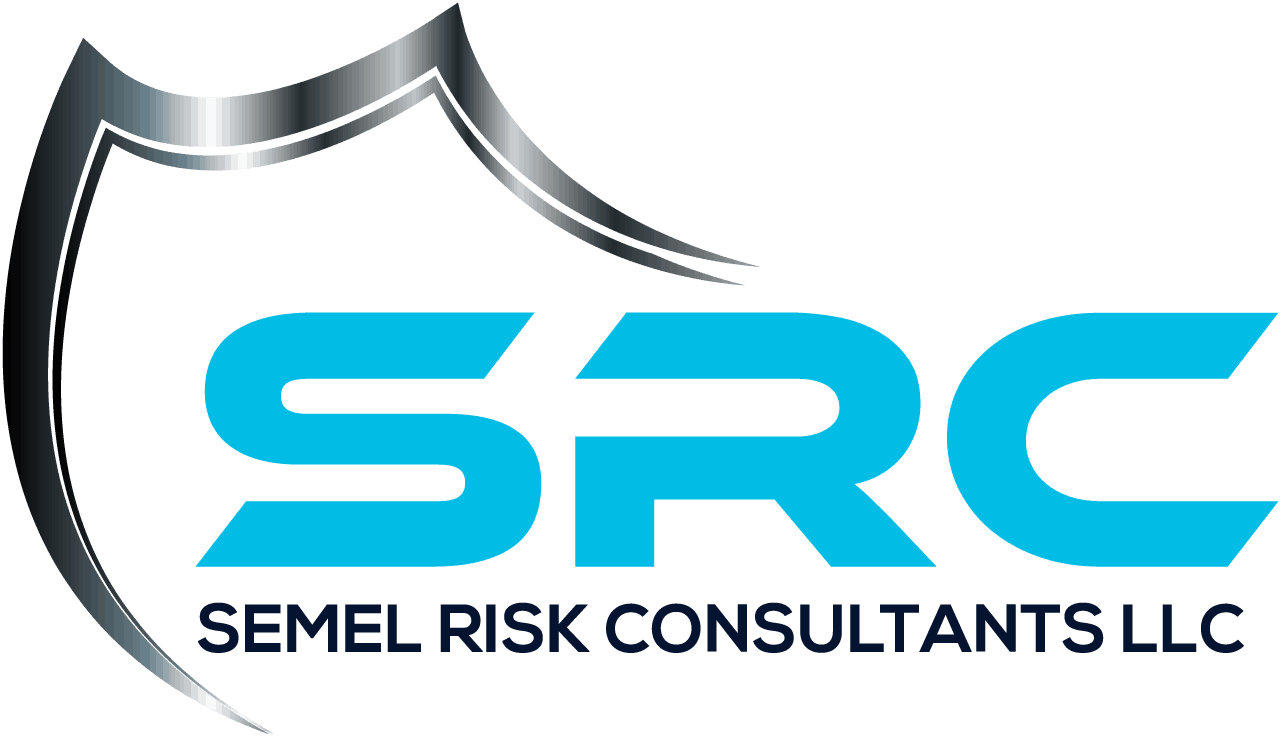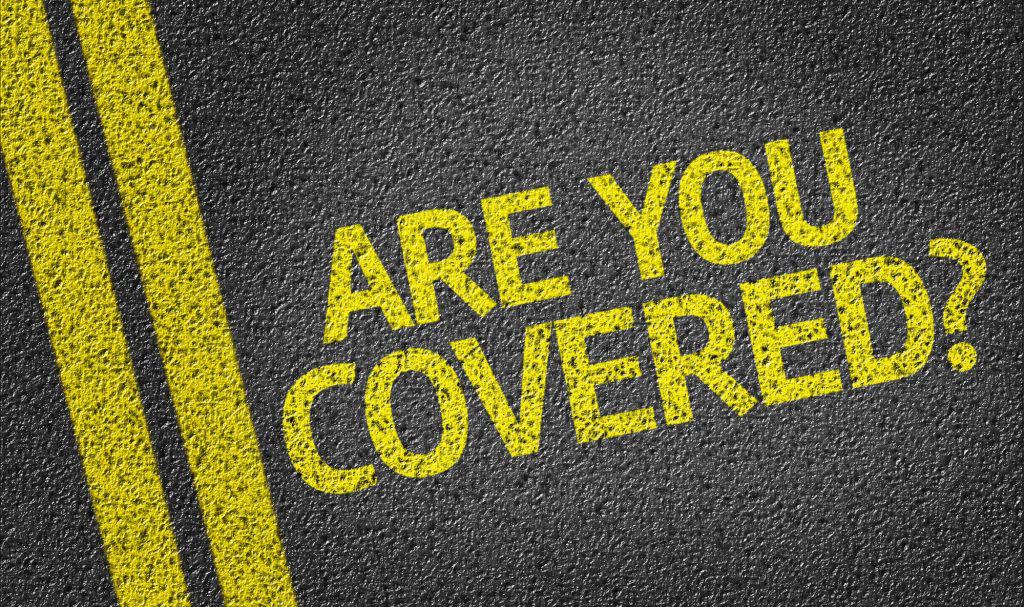Buying your first home is an exciting and expensive time of your life. However, beyond thinking about designing your space into the home of your dreams, you first need to acquaint yourself with a homeowner’s insurance. Navigating through policies can be a confusing and daunting process, which is why we’re here to give you a rundown on the basics to ease your experience.
What is Homeowner Insurance?
Also known as home insurance, all mortgage companies require borrowers to have insurance coverage as it is a necessary policy that protects your home and possessions from damage or theft. You cannot make a loan or finance a residential real estate transaction without it.
It’s a smart way of ensuring the soundness of your financial future, especially in the event of disasters wherein you will need to shell out for costs on repairs. In addition to securing your property and belongings, other lesser-known coverages of home insurance include additional living expenses.
This means that you will receive compensation for lodging and meals if you are forced to move out of your home during repairs. You also have the benefit of protecting yourself from a lawsuit in cases where someone acquires injuries in or outside your home. Other advantages include covering for the following scenarios:
- Fire or smoke
- Explosions
- Lightning
- Hail and windstorms
- Theft
- Vandalism
- Damage from vehicles
- Damage from aircraft
- Riots and civil commotion
- Volcanic eruption
Can You Get Home Insurance Without an Inspection?
It’s possible to acquire home insurance even without inspection. However, insurance providers will require review depending on individual circumstances if the property is old. This includes checking for security and safety risks, measurements, maintenance, and updates.
Some may require a 4-point inspection, which verifies the integrity of your home’s electrical system, system, roof system, and HVAC system. If your home fails to pass the 4-point home inspection, you cannot move on with the standard homeowner’s insurance until necessary remedies are made.
Don’t forget that inspections are critical as it helps determine the safety and liveability scale of your home. If you want to ensure that everything is in order, be sure to take note of any negative remarks from your inspector and take their advice to heart as it is for your own benefit.
What Happens if You Fail a Home Inspection?
You don’t need to worry if your insurance gets denied after inspections. Keep in mind that these reports are to measure the functional conditions of your home, so it’s best to take the advice of inspectors in case your home fails the test.
The best thing to do is to eliminate the hazards and risks your inspector finds not just for the sake of passing your inspection, but also for the benefit of your safety. After repairs, replacements, and updates, you can quickly go back for another check and negotiate for your insurance’s approval.
The Bottom Line
Despite having to pay for higher premiums, home insurance is essential as it is designed with your safety in mind. In cases where your home is damaged, having insurance will be a significant help as it will help you foot the bill.
If you’re looking for homeowner insurance in Las Vegas, get in touch with us today to see how we can help!



